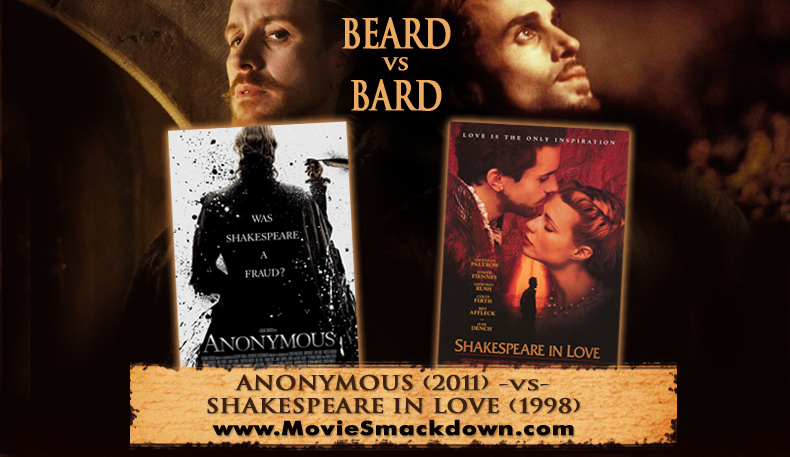
The Smackdown
Is it any wonder that screenwriters, who live in a world of harsh critical scrutiny of their work, credit arbitrations, professional jealousy and writers’ block, would be attracted to stories that humanize William Shakespeare? After all, Shakespeare was the English language’s greatest, most heralded and enduring wordsmith of all time. Maybe.
In fact, of these two ambitious movies made about the Bard, our Challenger, Anonymous, which begins its platform release this weekend, takes up the nagging question of whether Willie the Shake is really the author of those 37 stellar plays at all – especially since he was, at least in this telling, a little-known actor who lacked the education, aristocratic sensibility, and familiarity with the royal court thought necessary. Shakespeare in Love, our Defending Champion, doesn’t question authorship but looks at what motivates the world’s most famous playwright to write one of the greatest love tragedies in history.  They both peel the layers off the writer esteemed as the “soul of the age.â€
Writers, take your marks….

The Challenger
First-time screenwriter John Orloff says he wrote 20 different drafts of Anonymous, an enormous exercise in and of itself. His premise lays out a persuasive case that it was Edward de Vere, the Earl of Oxford, and not William Shakespeare, who dipped his quill and got the ink under his fingernails. Orloff argues that de Vere’s life had plenty of peaks and valleys and the Earl needed to exorcise some pretty heavy-duty personal demons. The story unfolds more like a political thriller set against the backdrop of a succession drama, as Queen Elizabeth I is in the midst of the Essex Rebellion.
The film marches through some of the high points of de Vere’s life and jumps around in time at the beginning. The central beats revolve around his love affair with the much older Queen Elizabeth I (apparently Demi and Ashton don’t have a lock on this kind of romance, nor did Shakespeare and his beloved Anne Hathaway – no, not her http://www.imdb.com/name/nm0004266/). De Vere later learns he and Her Highness have a bastard son, who becomes involved in the Essex Rebellion. But at the heart of it all is de Vere’s disregard for most things royal, choosing to spend his time with the true passion in his life – writing.
Although that’s the central plot, Orloff’s original screenplay as explained by him at a Writers Guild of America screening, was more about “the secret deal,†the actual plotting of de Vere with a struggling playwright named Ben Johnson to shield de Vere’s true authorship. Johnson and de Vere wage massive ego-battles over the work that make today’s WGA’s arbitrations look tame by comparison. Enter Shakespeare, portrayed as an actor of modest talent but a genius opportunist, who basically says, “Who cares whose name is on the cover? The play’s the thing. A rose by any other name…†and all that. Shakespeare is utilized mostly for comic relief – a barely literate thespian taking bows for something he had nothing to do with in the first place.
That was Orloff’s version, and it’s still evident in the final film, but when Roland Emmerich got involved as producer/director, he shifted focus to the political events of the era and how the Earl of Oxford might have used his talent with his pen to be mightier than the sword in order to influence the next crown.
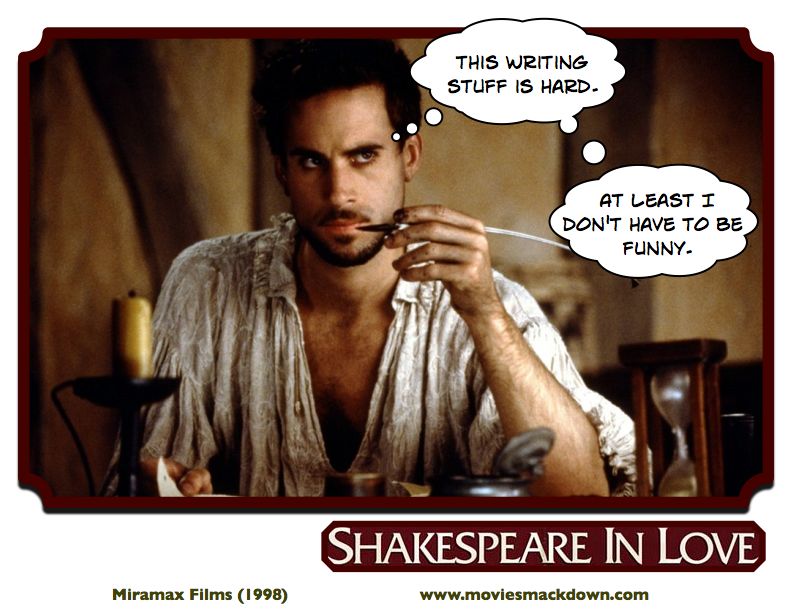
The Defending Champion
The movie that won Oscars for actresses Gwyneth Paltrow and Judi Dench, not to mention screenwriters Marc Norman and Tom Stoppard and the big prize for best film itself, Shakespeare in Love paints the Bard as being paralyzed by writer’s block, while the clock is ticking on his commitment to write a new play. His boss is up to his ears in debt to the loan sharks to get the party started.
The play being scripted is called Romeo and Ethel, the Pirate’s Daughter and promises, with any luck, to be a comedy. Auditions are already underway, an unfortunate bit of timing because, well, the play hasn’t been finished yet. The producers are very much taken with a Romeo audition from a boy named Thomas Kent, not realizing that Kent is in fact Viola De Lesseps (Paltrow), a young noblewoman in disguise. Viola wants to act but women’s lib hasn’t hit the 1600s yet, and the men of that age play women, so there’s the rub. Once Shakespeare discovers her secret, the pair begin a passionate affair borne out of love for the theater and a growing respect for each other’s talents on and off the stage. Inspiration is inspiration.
The Scorecard
Well, it’s a dead heat on memorable lines. In Anonymous we learn, paraphrasing here, that writers have something to say, otherwise they would be making shoes. Can’t argue that. In Shakespeare in Love, the theater-owner under threat from the loan sharks assures them the production will come together at the last minute even when all hope is gone for its success. Why? He doesn’t know why. It always just does. Can’t argue that either.
As for performances, well, there are superior actors in both films. Joseph Fiennes as Shakespeare and Geoffrey Rush as the put-upon producer, join Oscar-winners Paltrow and Dench in the master-class of film-acting that is Shakespeare in Love.
Anonymous features actor Rhys Ifans as the tortured but elegant Earl of Oxford with true, nuanced, leading-man grace. And nods go to Derek Jacobi and other real masters featured throughout. Vanessa Redgrave’s performance will likely be Oscar-nominated this year for her portrayal of Queen Elizabeth. The colors she plays of the aging queen trying to hold her crown, her youth, and her sanity are rainbow-worthy.
Set design is amazing in both films – every dark smudge of period detail is evident, and the use of CGI paintings makes the artistry truly an experience.
Most Americans have to study Shakespeare at some point in school (or at least read the Cliffs Notes). These films both function as condensations of his body of work, and both attempt to explain how a personal soap opera could have served as the basis for some of the world’s greatest literary works. So we have to ask ourselves which is the better emotional experience.
The Decision
Luckily, we don’t need to stand in cold and drafty medieval theaters to enjoy these two beautifully made films. Both convey a great sense of the history, breathing life into the period and showing us that great writing comes from experience mixed with artful, emotionally meaningful storytelling. So if it’s close to a draw on emotional impact, then it comes down to screenplay, as a contest about Shakespeare certainly should. But which script, to its own self, is most true?
Anonymous starts out in the present day for no really good reason and then tries to transport us back to the period – a mistake out of the gate and later, again at the curtain. It focuses on the political turmoil at the risk of character development – Orloff probably had it right in his first draft. But even that said, it is an ambitious and dedicated first attempt by John Orloff, who likely has a long career ahead of him. Still, Shakespeare in Love is the tighter, more well-paced, more focused piece of art. There are glimmers of brilliance throughout, and the storytelling is masterful.
“Some glory in their birth,†someone once wrote, “some in their skill…†And some in their victorious Smackdowns, including our winner here, Shakespeare in Love.


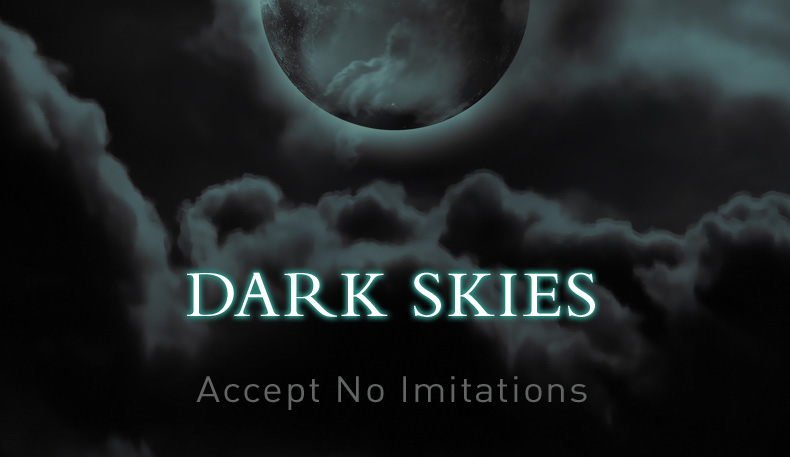
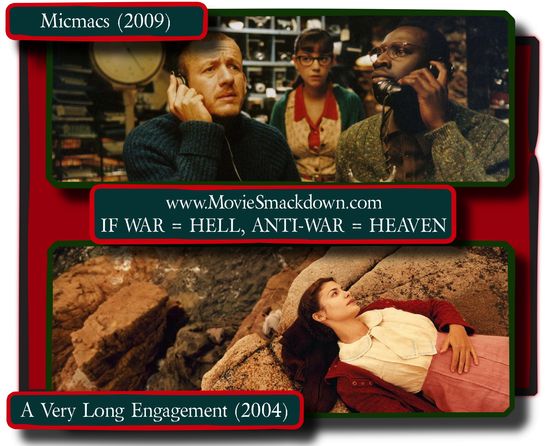
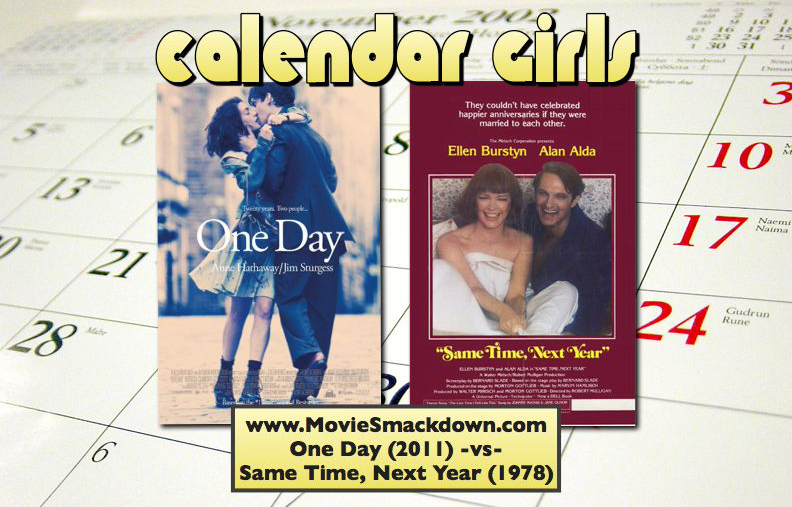
I’ll have to re-watch ‘Shakespeare in Love’ before I vote on this one. The 90’s a a bit of a blur. I enjoyed Anonymous. The sets, the film making, the acting, the twists all superb. Didn’t enjoy the portrayal of Shakespeare as an opportunistic, illiterate actor nor Queen Elizabeth as an easily mislead puppet (well almost) but that’s just because of the rose coloured glasses I wear when viewing the character of these two historical people. Picked the twist in the first 10 minutes only to change my mind several times. Another sign of good screen-writing and directing.
Sadly viewing this movie took 4 hours as I had to keep rewinding to explain the characters to my mum (she doesn’t cope with time slipping in movies at all). Another good reason to always view movies you love at the Cinema, if you can afford it ;p
P.S. Love this site and your analysis. So rare to find critics who write well AND keep it real. Good Stuff 🙂
Loved, loved, loved Shakespeare in Love. Enjoyed the look and feel of Anonymous but it left me a little cold and confused.